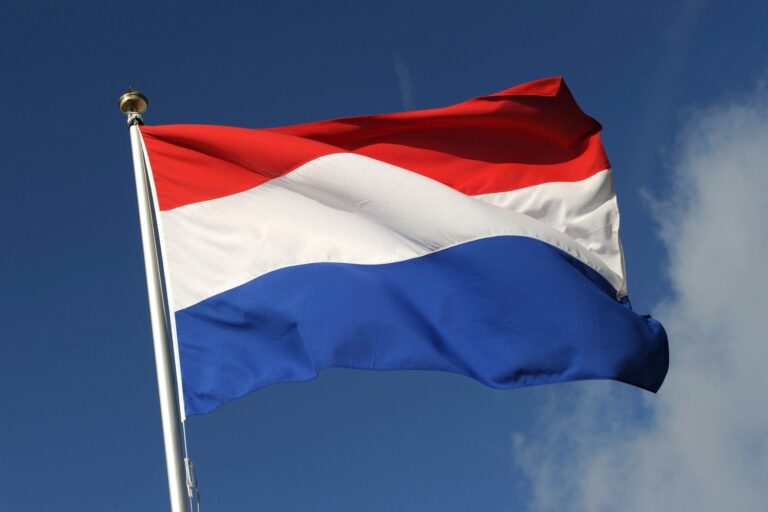
New right-wing Dutch government inaugurated by King Willem-Alexander
The VVD and NSC had only reluctantly agreed to a coalition with Wilders.
In a ceremony on Tuesday at the Huis ten Bosch presidential palace near The Hague, the ministers and state secretaries took the oath “So help me, God Almighty,’’ or a corresponding secular version, in front of King Willem-Alexander.
The four-party coalition is largely controlled by Mr Wilders, although he is not a member of the cabinet himself.
The new alliance partners of the Wilders-led Party for Freedom had made his renunciation of formal office a condition for their participation in government.
The prime minister is now the former head of the secret service and anti-terrorism agency, Dick Schoof, who is not affiliated with any party.
His predecessor, long-time Prime Minister Mark Rutte, is set to become secretary-general of NATO in October.
Like the 67-year-old Mr Schoof, most of the other cabinet members have hardly any government experience.
This is another reason why the new alliance is considered potentially unstable.
Only Mr Rutte’s right-wing liberal People’s Party for Freedom and Democracy can draw on practical experience from many years of being in government in various coalitions.
In addition to the PVV, the centre-right party New Social Contract and the populist Farmer-Citizen Movement, which emerged from the massive farmers’ protests of recent years, are new to the government.
The VVD and NSC had only reluctantly agreed to a coalition with Wilders.
During the months of coalition negotiations, he did not only have to relinquish the post of prime minister but also put his most radical right-wing populist.
Islamophobic demands on ice include those for the Netherlands to leave the European Union and for the Koran to be banned.
The European Commission in Brussels as well as the governments in Berlin, Paris, and other capitals are watching with suspicion what consequences the strong shift to the right in The Hague would have for Europe.
The country had previously been one of the EU’s strongest pillars of support.
However, there were fears that The Netherlands could pull out of the EU asylum pact, which, in addition to asylum procedures at the EU’s external borders, provided for a more even distribution of migrants among the member states.
The new coalition has declared its intention to pursue the strictest asylum policy in Europe and drastically restrict immigration.
Differences with other EU member states are also emerging about climate policy, particularly the implementation of the European Green Deal.
The BBB, which relies on the support of farmers, is calling for considerable easing of environmental regulations.
There could also be a dispute over the level of the Dutch contribution to the EU.
However, it will only become clear in the coming weeks what specific goals the new government in The Hague intends to pursue.
So far, there is only a coalition agreement in which plans are roughly outlined.
According to commentators, considerable political differences could still emerge.